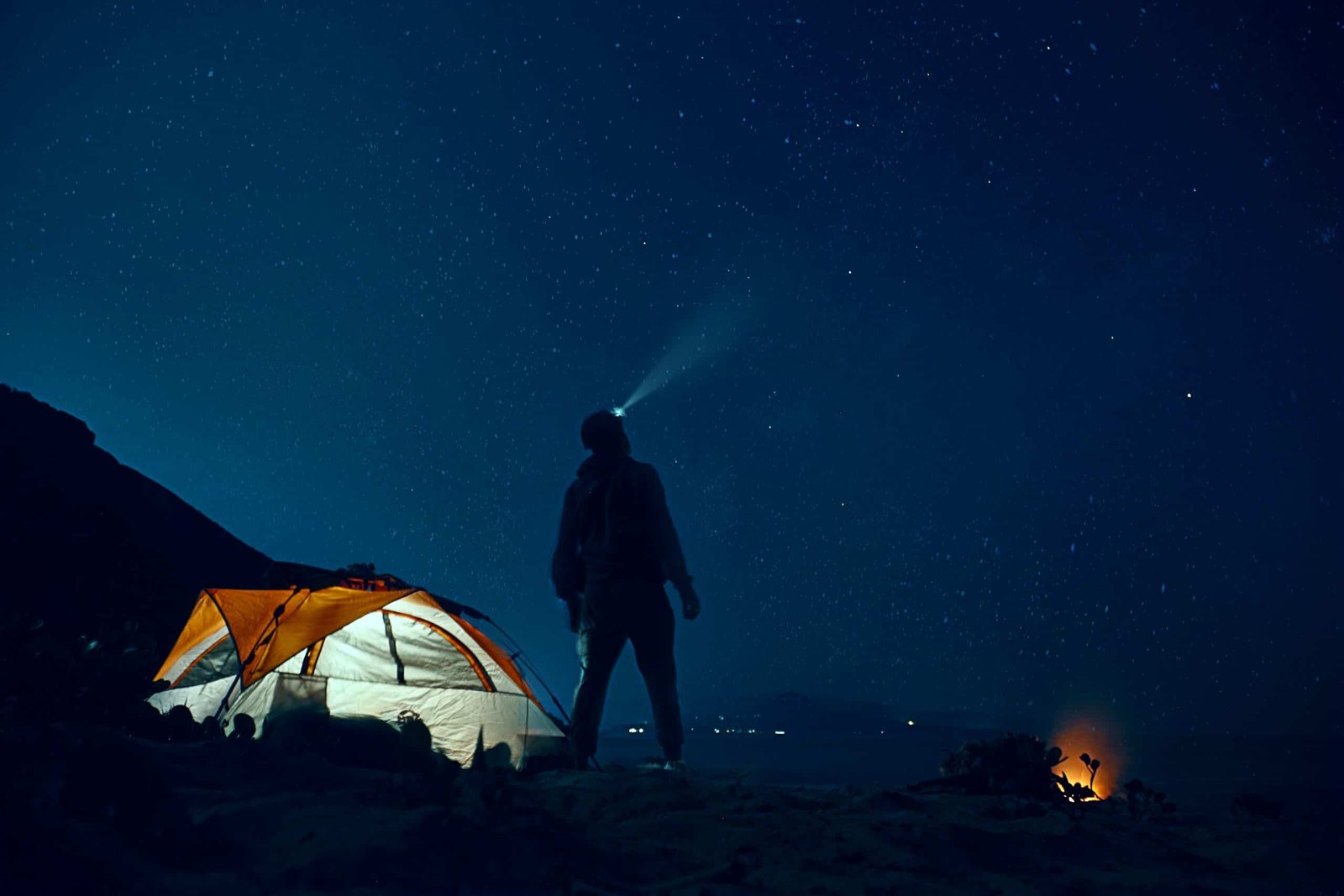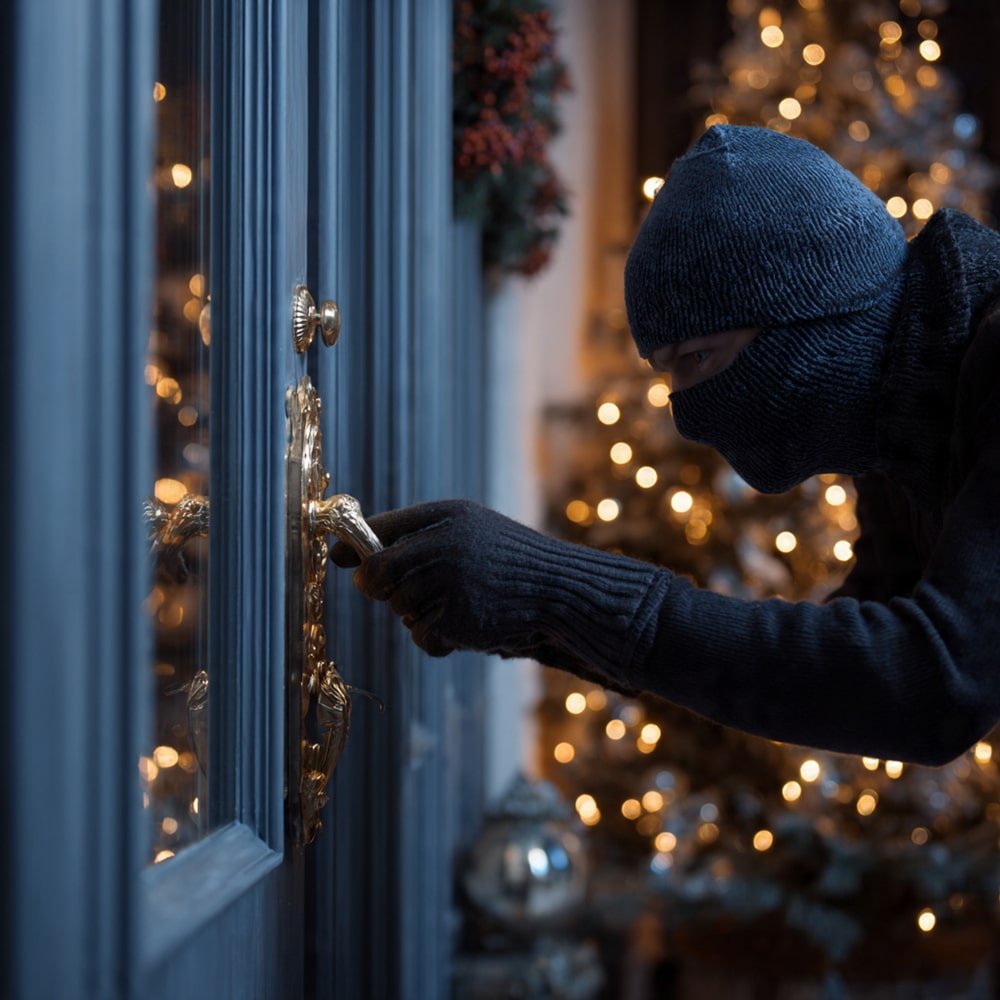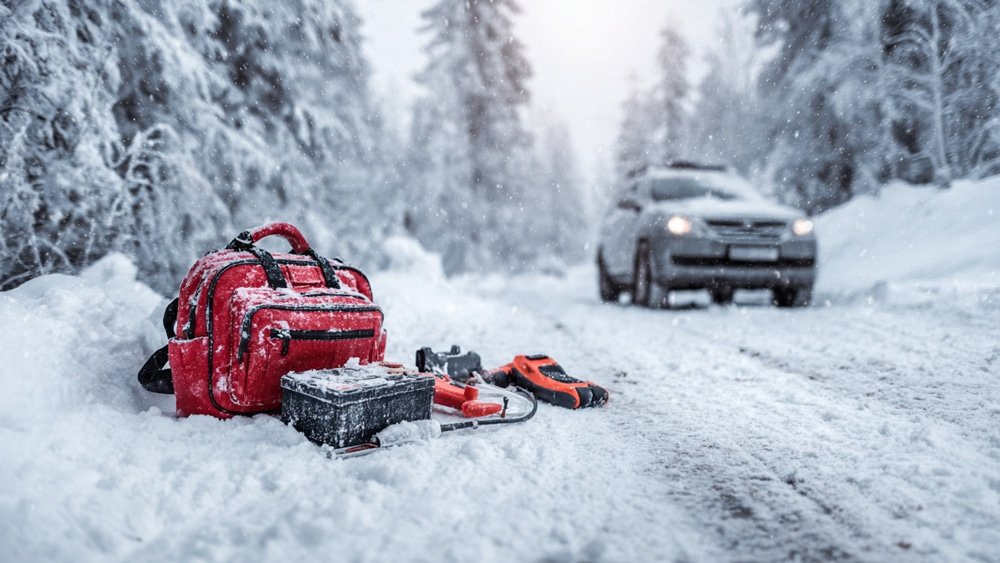Going on a camping trip? There are many ways things could go wrong. It’s best to familiarize yourself with some camping tips that long-time campers already know by heart to avoid a disastrous outdoor adventure.
Prepare for any kind of weather
Spring weather can be a bit fickle-minded. There’ll be times when the weather is perfect for camping. Other times, rain will dampen your spirit along with your camp site.
To prepare for such scenarios, check the weather condition and any changes that may occur. Install a weather app on your phone (if you plan on bringing it) so you can get a heads up in case the weather turns bad. If a storm is heading your way, pack up immediately to avoid getting trapped by strong wind and rain.
Speaking of wind, don’t camp under dead trees. A strong gust of wind may cause a dead branch to fall and injure you. A good camping spot should have enough cover from direct sunlight and rain. Just make sure there are no fallen branches or dead logs nearby as these are signs of dead trees.
One of the best camping tips you should remember is to wear extra layers of clothes or pack additional clothing suited for different weather conditions. When it gets warm, you can always remove a few layers. Proper head gear and foot wear are also necessary along with a poncho or any kind of rainwear.
One of the important camping tips that are often overlooked by inexperienced campers is to not wear cotton. It is one of the worst clothes to be in when things get wet. Wear clothes made of materials that dry quickly.

Proper gear and ample supplies
Pro tip: have the right gear and to bring enough supplies.
Some specialty stores rent out camping gear. If you’re looking to buy, start with the essentials. Choose a weatherproof and lightweight backpack meant for camping or hiking. You’ll need a tent that can withstand strong wind and heavy rain. A sleeping bag, sleeping pad and compressible pillow will keep you warm and comfy.
A flashlight is necessary even if you’re not afraid of the dark, or so you say. A headlamp (with red light setting) is better since it frees your hands to do other tasks. You can wrap your headlamp around a full bottle to make ambient light. Don’t forget to pack extra batteries.

You need food and water, of course. Bring cookware, eating utensils and water containers. Pack energy bars and trail mix for snacks, as well.
You want to purify dirty water when the need arises. Boiling water in a pot will do but also bring water purification tablets. Of course you’ll need a fire source. Pack some waterproof matches, lighters and magnesium fire starters.

A camping tool or multi-tool comes with small blades you can use to defend yourself. A bigger knife would be better, though. Bring insect repellents to keep the pesky bugs away. Sunscreen will also protect your skin.
Other camping essentials include a compass, whistle, thermal blanket, toiletries, garbage bags, and a first aid kit, among other things. A duct tape will always prove useful so don’t forget to take one with you.
Double check you gear. You don’t want to forget anything that might spell the difference between life and death.
Communicate
Inform someone of your plans especially if you’re camping solo. Leave important details such as the camp’s location and the time you’ll be back. If you don’t come home on time, people will assume something bad happened (like getting-your-arm-trapped-under-a-boulder-for-127-hours bad). They’ll also know where to look in case you go missing.
Camping is a great opportunity to be free from the glare of computer screens. While it’s important to unplug every now and then, it‘s also vital to have a way to communicate with the rest of the world.
Bring your phone but use it only when necessary. Aside from checking the weather, use your phone to inform fellow campers or people back home of your location and situation. Take a solar-powered battery charger or power bank with you in case your phone runs out of juice.

Learn New Skills
Camping pros will tell you that learning different skills is one of the most important camping tips they could offer. You won’t go hungry if you know how to forage for wild berries and edible mushrooms or to do fly fishing if you’re near a body of water. You have to clean and cook the fish so you should know these skills, too. Building a fire is another important skill.

These are just a few camping tips that you need to know for you to fully enjoy your outdoor adventure. Do you know other spring camping tips? Feel free to share in the comments.
Just a disclaimer – We have partnered with these companies because we use their products and/or proudly trust and endorse them – so we do receive a commission if you make a purchase or sign up for services. Often, we are able to negotiate special discounts and/or bonuses, which we will pass on to you via our links. We often get short notice on sale items available for 24-48 hours as we will pass these savings onto you.


















